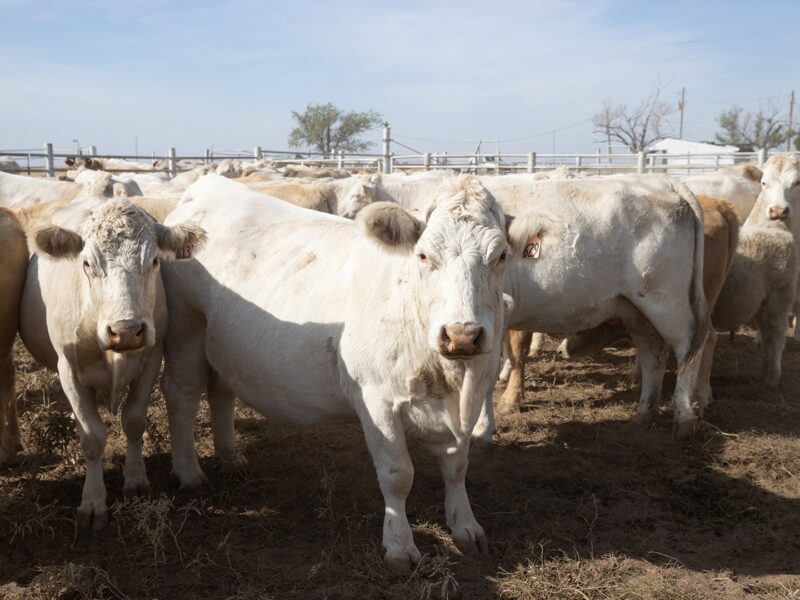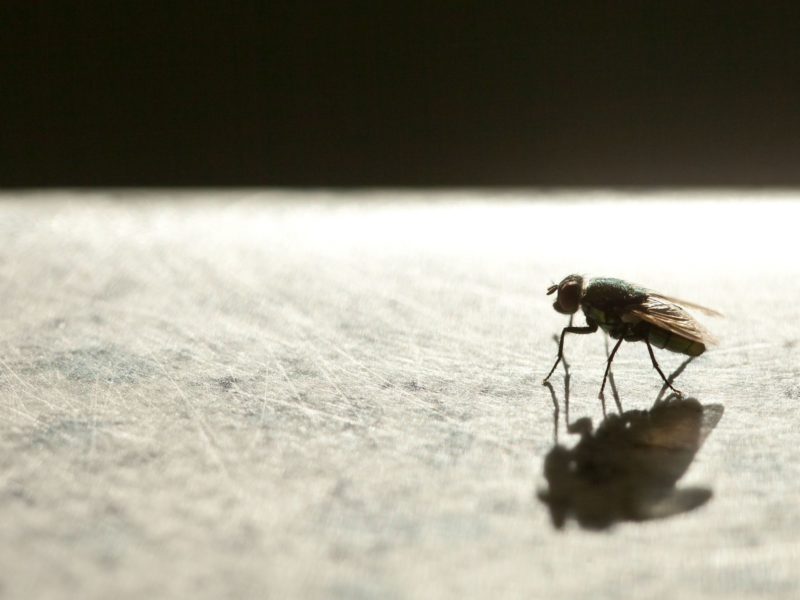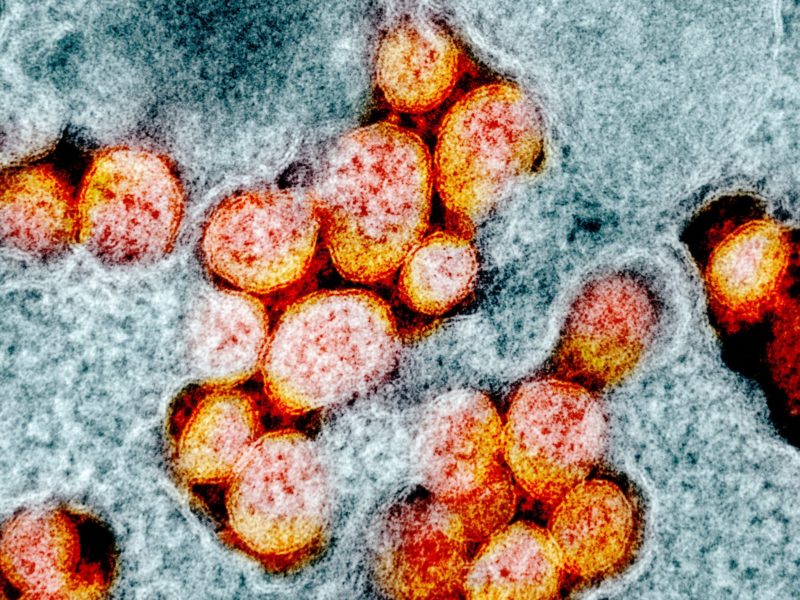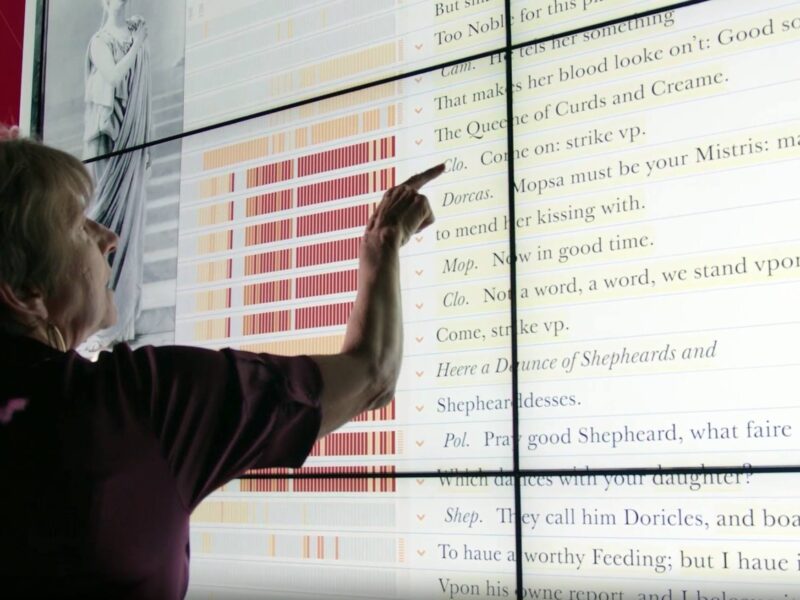Stockpiling Puts Others At Risk
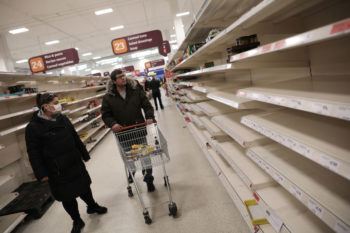
There’s a difference between purchasing in preparation for an extended stay at home stay the excessive stockpiling being seen in the wake of the COVID-19 pandemic, according to a Texas A&M AgriLife Extension Service specialist.
“The coronavirus, or COVID-19, has understandably caused people to feel fearful,” said Miquela Smith, AgriLife Extension health specialist based in Amarillo. “Families want to be as prepared as possible during this time of uncertainty. Social distancing is critical right now, and one reason to stock up on certain items is to avoid making repeated trips into crowded public areas. You should also stay home if you become sick, except to seek medical care.”
Smith said current guidelines indicate people should have enough food and supplies for two weeks. Some items to have on-hand are dry, canned or frozen foods, medications, soap and disinfectant, and fluids with electrolytes.
“But excessive purchasing or stockpiling of supplies can negatively affect others,” Smith said. “For example, current CDC guidelines indicate that only those who are sick should use face masks, and yet there is still a shortage of masks across the country. What this means is that people who actually need them — sick individuals, immunocompromised individuals and medical providers — may not be able to get them. This could worsen the spread of the disease and hamper the healthcare system.”
Other items people have been excessively stockpiling are toilet paper, cleaning supplies and hand sanitizer, she said.
Handwashing and disinfecting frequently touched surfaces are examples of small actions that can help slow the spread of communicable diseases such as COVID-19, but keep purchases within reason, Smith said.
“The resounding message from public health authorities is to prepare but don’t panic,” Smith said. “We all must rely on each other during a pandemic; buying more than you need can endanger others.”
Instead of stockpiling, she said, each person should do their part to prevent the spread of COVID-19 by engaging in handwashing and disinfecting practices every day along with the recommended social distancing.
More information and resources related to the coronavirus are available at the Texas Extension and Disaster Education Network (EDEN) website.
This story by Kay Ledbetter originally appeared on AgriLife Today.
